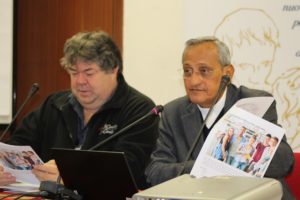 We thank Fr. Nicola Docimo for his paper
We thank Fr. Nicola Docimo for his paper
The meeting witnessed the presence of fifty Camillian religious from various countries of the world. Some representatives of the Daughters of St. Camillus were also present during the first two days of deliberations. The first day began with the celebration of lauds which opened the deliberations whose central subject was: ‘Young People and Consecrated Life’. Three papers by Don Pascual Chávez, the former Major Rector of the Salesians, guided the morning. The basic questions that led these papers were: who are young people today? How should consecrated life be proposed today? What is consecrated life today?
Three key points were at the centre of these papers:
- What are today’s young people like?
- The relationship between pastoral care for young people, the life of faith, and consecrated life.
- Young people and consecrated life.
In union with the next Synod on ‘Young People, the Faith and Vocational Discernment’, attention was paid to the problem of young people, who are increasingly detached from the Church. Don Pascual Chávez on a number of occasions stressed the fact that we have before us young people and adolescents who say that they are atheists…this is why it is even more difficult to imagine that they could think of embracing consecrated life. On the other hand, they esteem those who embrace consecrated life but such a life certainly does not belong to the choices they make for their lives. And this means that all religious Congregations are witnessing an ageing of their religious and an increasingly weak inflow of vocations (this is true of Europe but also of Latin America). What are the solutions?
A first attempt to react to this situation is suggested to us by Pope Francis who invites us to listen to young people. ‘If we want to change this trend’, Fr. Chávez emphasised, ‘the first thing to do is to move towards young people so as to meet them where they are and not to wait for them where we want them to be. We need to listen to them with a readiness to help and without prefabricated answers; proclaiming the truth of the Gospel to them and not being afraid to offer them this in a way that fills their lives with meaning and gives a different direction to their existence. We need to have the capacity to accompany them with intelligence and competence in the search for their life projects; becoming, together with them, disciples of the Lord and finally living life according to the Gospel. The following are the verbs that we must put into practice in our encounter with young people: moving outwards, meeting, listening, proclaiming, accompanying, discerning, living’.
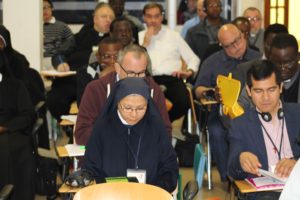 The suggestions of the morning acted as points for the work in groups that took place in the afternoon. Don Pascual suggested three questions for the discussion:
The suggestions of the morning acted as points for the work in groups that took place in the afternoon. Don Pascual suggested three questions for the discussion:
- With respect to pastoral care for young people: are we meeting young people? Where do we meet them? Are they present in our pastoral activity, in our fields, or do we move outwards to meet them? What needs and expectations do we discover in them?
- With respect to pastoral care for vocations: where do young people come from? From our works? From our milieus? What are their motivations when they come to us (usually they have three motivations: they are looking for a strong experience of God, they want an environment of friendly-fraternal community, and they want to commit themselves in a generous way to other people). Are we offering them this?
- With respect to formation: what in practical terms are the challenges that we are encountering in the formation of men and women religious? (psychological frailty, vocational inconsistency, moral relativism).
The plenary discussion that followed brought out the points of strength and the limits of Camillian pastoral care for young people and Camillian pastoral care for vocations, which take place in every geographical area. The contributions were brought together and summarised by Don Pascual who concluded by saying: ‘If a vocation is a gift, then formation is a task. Every vocation is a response to a vocation from God and must not be driven only by a social purpose: theological motivations must always be at its base. How can we ensure that there is a profound motivation? Verifying that the old man is cast off and the candidate is clothed in Christ. All of this assumes a personalisation of formation as well; and that means not only implementing a personal accompanying but also helping the candidate to move from known values to acquired values’.
The day ended with thanksgiving to the Lord with the celebration of the Eucharist presided over by Don Pascual Chávez and concelebrated by all those taking part in the meeting.
THE PAPERS of Don Pascual Chávez
I GIOVANI E LA VITA CONSACRATA OGGI
LES JEUNES ET LA VIE CONSACRÉE AUJOURD’HUI
LOS JOVENES Y LA VIDA CONSAGRADA HOY
THE YOUNG AND CONSECRATED LIFE TODAY
I millenari
La génération du Millénaire
Los milenarios
The Millennials
Una casa fondata su quattro colonne
Una casa edificada sobre cuatro pilares
Une maison fondée sur quatre colonnes
A House Founded on Four Pillars
The X-Y-Z-C Generations Italian English Spanish French
Vita consacrata e Pastorale giovanile
Vida consagrada y pastoral juvenil
Consecrated Life and Pastoral Care for Young People
Vie Consacrée et Pastorale des Jeunes



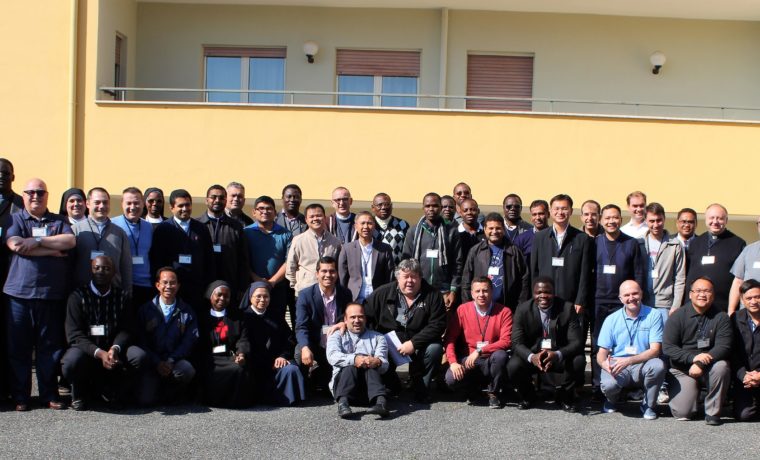
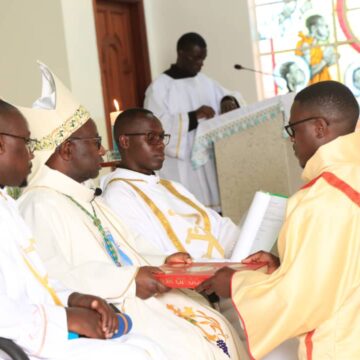

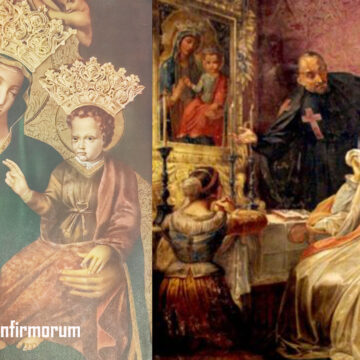
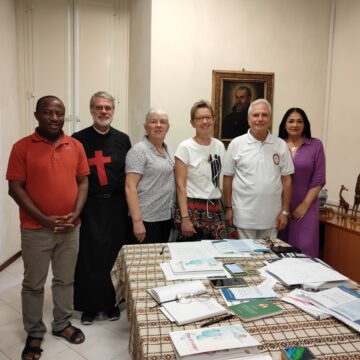

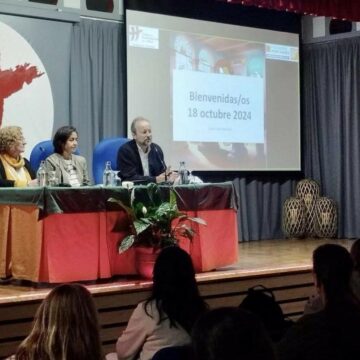
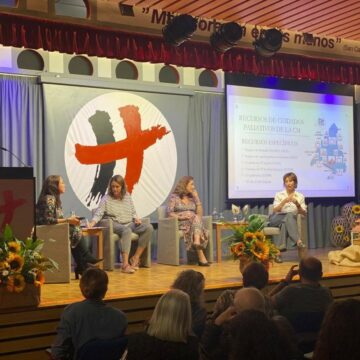
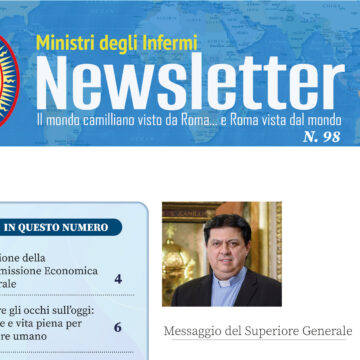
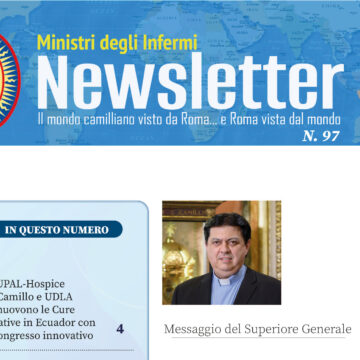
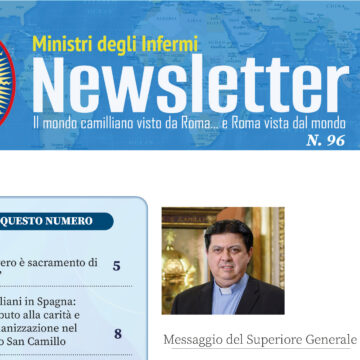
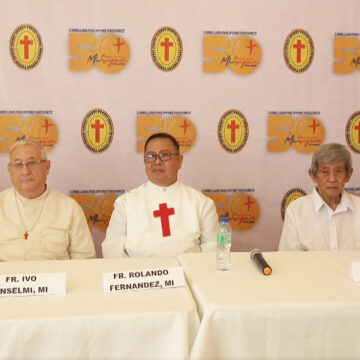
Camillians on Facebook
Camillians on Twitter
Camillians on Instagram